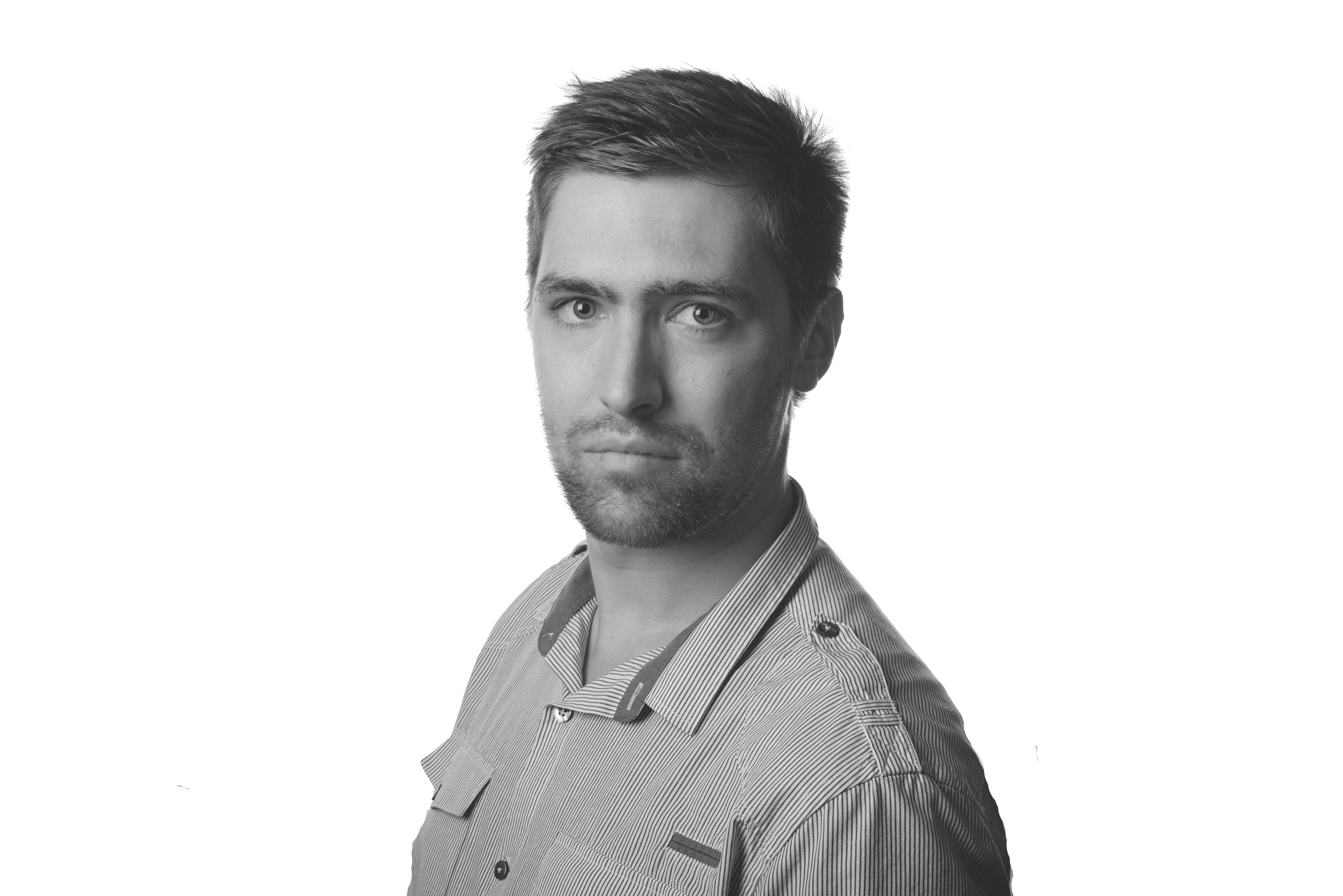How accurate are DNA tests?
Exactly how accurate are DNA tests, and how much can your genetic data really reveal about you? To find out, we asked a molecular biologist.

With genetic testing for health, ancestry, paternity and more becoming increasingly popular, many people are left wondering: exactly how accurate are DNA tests? Whether you are taking a DNA test to build your extended DNA family tree with an AncestryDNA testing kit, or want precise information on hereditary health conditions with 23andMe, it is important to understand how accurate genetic tests are, and what information we can rely upon.
Related: Black Friday Ancestry DNA kit deals 2021
How accurate DNA tests are relies greatly upon the kind of test being taken. "The accuracy of results depends on the specific question we ask, and on how complex is the genetics behind a trait," Sergio Pistoi, a molecular biologist and author of "DNA Nation" (Crux Publishing, 2019), told Live Science. For example, tests for traits that depend on a single gene, called monogenic traits, provide much more reliable results, because you can see whether a disease-causing mutation or another trait is present.
How accurate are DNA tests for ancestry?
Ancestry testing services from companies such as AncestryDNA draw upon a large body of data from millions of people. These tests purport to reveal our genetic identities based on ethnicity or geographical location.
However, Pistoi warns that while these tests can be fascinating, and can present the vast diversity of humanity's genetic history, we should be wary of what these results really tell us. "Saying you are 30 percent East Asian or Celtic is just a statistical inference about your genome and hardly reflects your real ancestry," Pistoi wrote. "Nevertheless, these tests are having a profound impact on self-perception, and this is why they are so successful. I am mostly interested in exploring the social consequences of this technology."

For discovering distant family members, the DNA Relatives application within 23andMe is a tool that enables users to compare their DNA profiles with other users to find distant relatives based on their genetic identification. According to Pistoi, these kinds of applications are generally accurate. "With the right algorithm, it’s relatively easy to tell whether two DNA samples belong to close relatives. With distant relatives results become murkier, but they are often good enough to make a family tree, or confirm one," he wrote.
Related: How to protect your DNA data
According to a customer care article by 23andMe, the probability of detecting a first cousin through their service is around 100%, while detecting second, third and fourth cousins becomes less probable the more distantly they are related. A third cousin, for example, has a 90% probability of being detected accurately, while a fifth cousin has as little as 15% probability.
Similarly, Ancestry DNA's opt-in DNA Matching function claims to have a high level of accuracy for closer relations, with the probability of identifying other relatives, and determining a specific relationship, reducing the more distantly they are related.
How much can DNA tests for health tell us?
Genetic health tests claim to be able to detect certain hereditary diseases, or other health conditions, based on analysis of your DNA data. They apparently do it by identifying variants. Currently there are at least 77,000 such tests, according to the National Library of Medicine. Certain rare diseases such as cystic fibrosis or muscular dystrophy, can be easily identified by the presence of a single disease-causing monogenic trait, according to Pistoi.
However, most potential health conditions cannot be identified by genetic testing alone. "The large majority of our traits and diseases are instead multi-factorial, meaning that they have a genetic basis (sometimes involving dozens or hundreds of genetic variants) and also depend upon non-genetic factors, such as lifestyle, the environment, and many others," he said.
Related: DNA paternity tests: how they work and how to do one
"Genetic tests for these multifactorial traits are based on statistical calculations: they are probabilistic and often very tricky to interpret. Height, for example, depends on hundreds of genes, each contributing a little to the outcome, together with a bunch of environmental factors. A test can look at many genes at once, but it’s difficult to predict how they will play together. Then you should also account for non-genetic factors that are not written in the DNA."
What kinds of DNA tests are least reliable?
As genomic science expands advances in breadth and accuracy, so too are the possible insights our DNA could one day provide. However, there are some tests that as yet lack sufficient scientific evidence, while others are clearly unscientific and should be avoided.
"Tests that offer to find your perfect sexual match and those claiming to predict personality, talents or sexual preferences based on your DNA are just snake oil," Pistoi wrote. "At the moment, the scientific bases for these applications are non-existent or incredibly weak."
"Then there is a range of borderline applications, like deep ancestry, genetic diets, and DNA skincare that are somewhat based on scientific research but whose results, when applied to a test, are not validated and often misleading."
Additional resources
- "DNA Nation" (Crux Publishing, 2019) by Sergio Pistoi reveals everything you need to know about DNA testing, and how it is changing society.
- MedLine Plus provides information on contacting a genetics professional in your area.
- Find out what Live Science contributor Rafi Letzter discovered when he took 9 different DNA test kits.
Sign up for the Live Science daily newsletter now
Get the world’s most fascinating discoveries delivered straight to your inbox.

Timothy is Editor in Chief of print and digital magazines All About History and History of War. He has previously worked on sister magazine All About Space, as well as photography and creative brands including Digital Photographer and 3D Artist. He has also written for How It Works magazine, several history bookazines and has a degree in English Literature from Bath Spa University.










